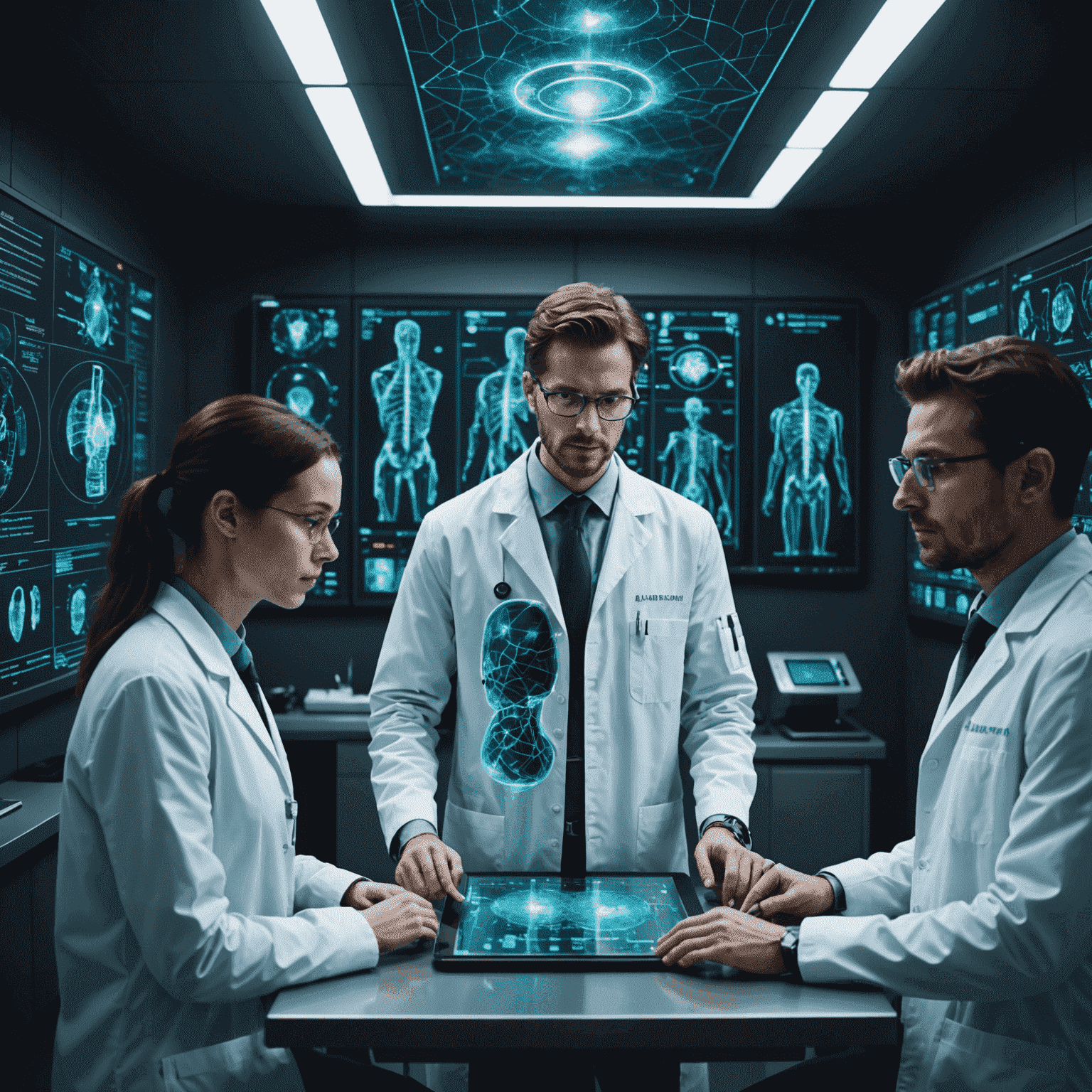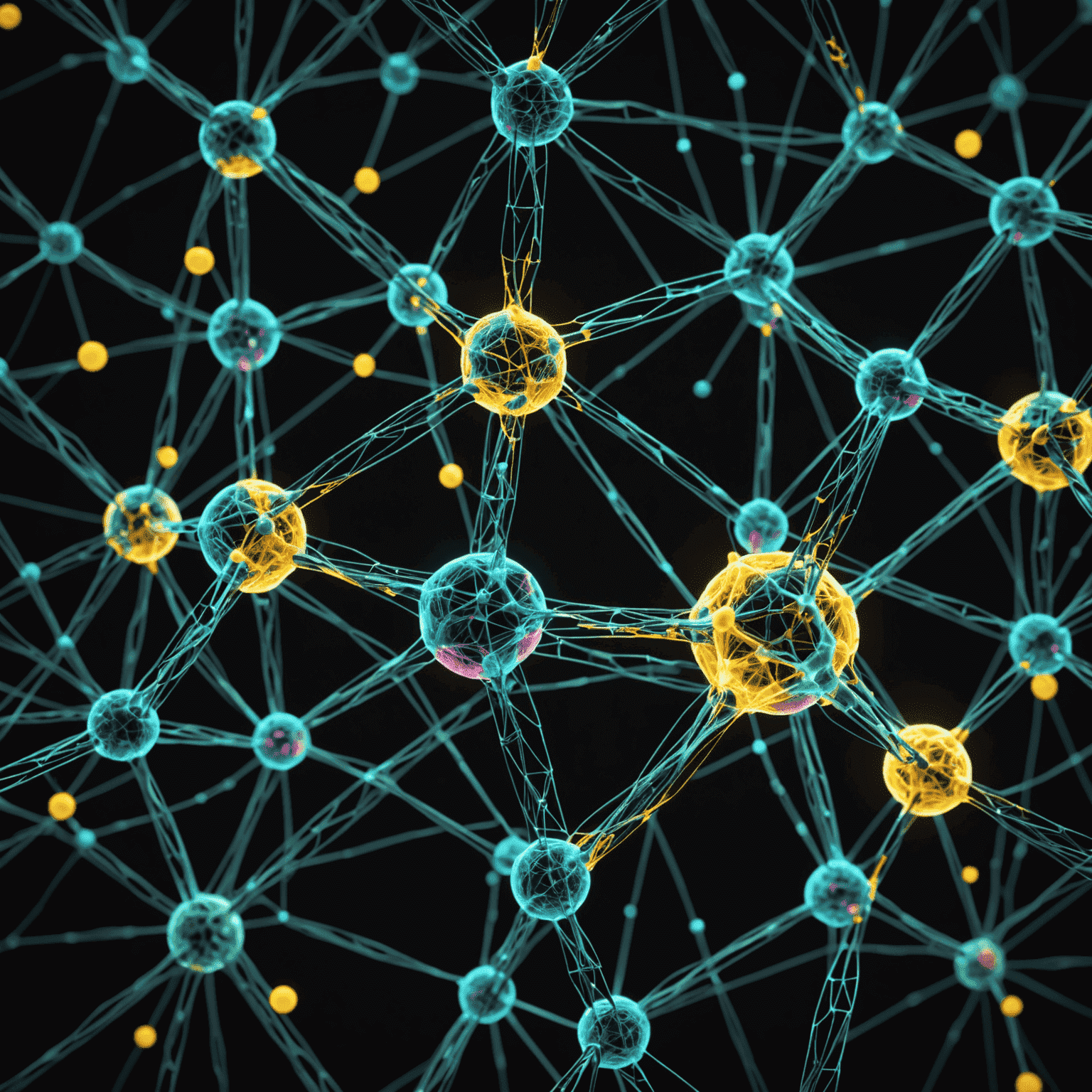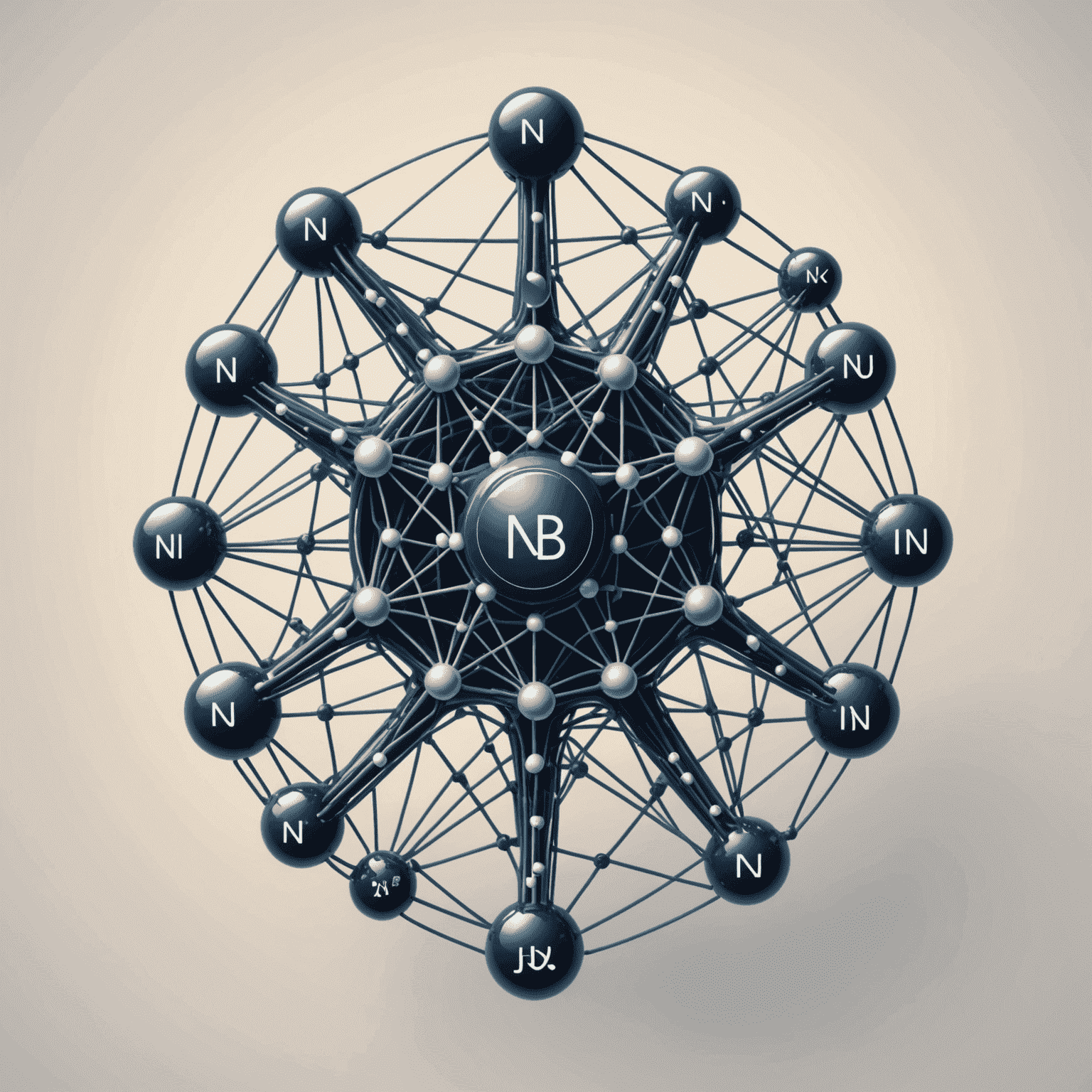Neural Networks in Healthcare: Latest Advancements

The integration of artificial neural networks in healthcare is revolutionizing the way we approach medical diagnosis, drug discovery, and personalized treatment plans. This cutting-edge technology is paving the way for more accurate, efficient, and tailored healthcare solutions.
Enhancing Medical Diagnosis
Neural networks are transforming medical imaging analysis, enabling faster and more accurate diagnoses. Advanced AI models can now detect subtle patterns in X-rays, MRIs, and CT scans that might be overlooked by human eyes. This technology is particularly promising in early cancer detection, where time is crucial for successful treatment.
Key Advancements:
- Improved accuracy in mammogram analysis for breast cancer detection
- Early identification of neurological disorders through brain scan interpretation
- Real-time analysis of retinal images for diabetic retinopathy screening
Accelerating Drug Discovery
The pharmaceutical industry is leveraging neural networks to streamline the drug discovery process. These AI models can analyze vast databases of molecular structures, predict drug-target interactions, and even design new molecules with specific properties. This approach significantly reduces the time and cost associated with bringing new medications to market.

Personalized Treatment Plans
Neural networks are at the forefront of precision medicine, enabling the development of highly personalized treatment plans. By analyzing a patient's genetic profile, medical history, and lifestyle factors, these AI systems can predict treatment outcomes and recommend optimal therapies tailored to individual needs.
Benefits of Personalized Medicine:
- Improved treatment efficacy
- Reduced side effects
- More efficient resource allocation in healthcare systems
Challenges and Future Directions
While the advancements in neural networks for healthcare are promising, there are still challenges to overcome. Data privacy concerns, the need for large, diverse datasets for training, and the interpretability of AI decisions in critical medical contexts are areas that require ongoing research and development.
As we continue to refine and expand the capabilities of neural networks in healthcare, we can expect to see even more groundbreaking applications. From AI-powered virtual health assistants to predictive models for epidemic outbreaks, the future of healthcare is being shaped by the intelligent systems we're building today.
Looking Ahead
The integration of neural networks in healthcare is not just improving existing processes; it's opening up entirely new possibilities for understanding and treating diseases. As we continue to advance in this field, we're moving closer to a future where AI and human expertise work in harmony to provide unprecedented levels of care.
